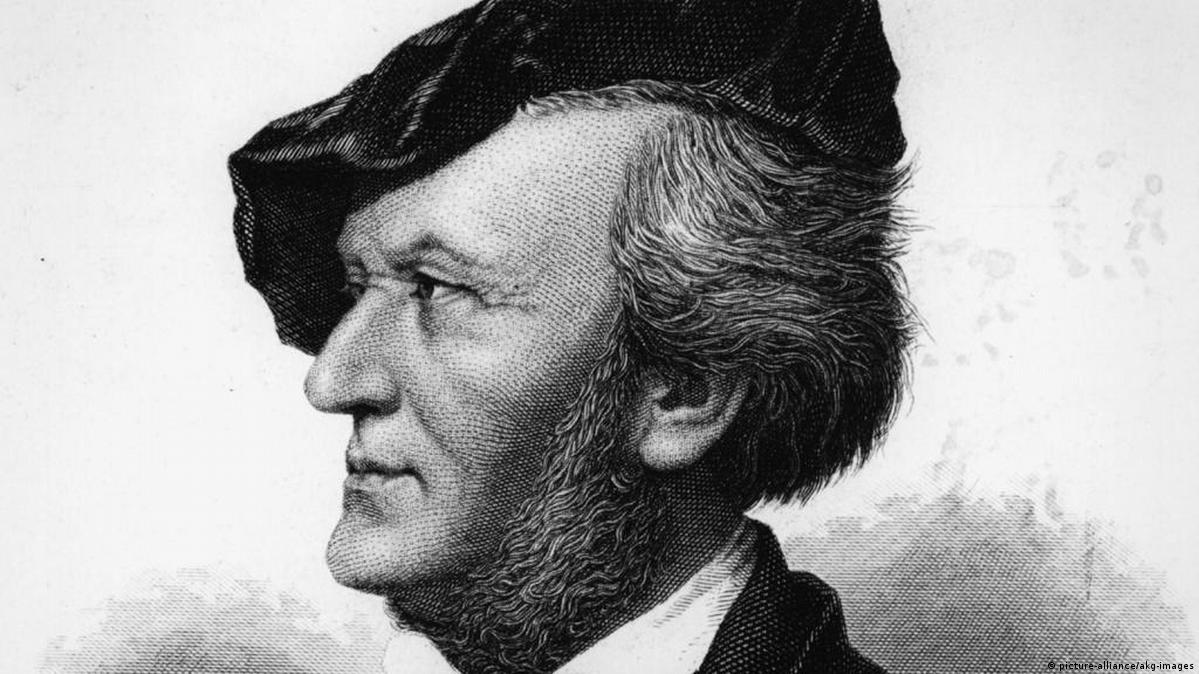Introduction:
Welcome to Top Classical Music, where we embark on a journey through the life and legacy of one of the most influential composers in history: Richard Wagner. Born on May 22, 1813, in Leipzig, Germany, Wagner’s musical genius and controversial personal life continue to captivate audiences worldwide. Join us as we explore the fascinating biography of this revolutionary composer and delve into the works that shaped the face of classical music.
Early Life and Musical Education:
Richard Wagner’s passion for music blossomed at an early age. Growing up in a theatrical family, he was exposed to the arts from the start. Although his father died when he was just a child, the young Wagner found solace in music, teaching himself to play the piano and composing his first pieces. His talent caught the attention of his family, and he received formal musical training at the Leipzig University and later at the Dresden University of the Arts.
The Wagnerian Revolution:
Wagner’s impact on the world of music cannot be overstated. He challenged the conventions of the time and introduced innovative concepts that revolutionized classical music. Wagner believed that music should serve as a complete artistic experience, integrating drama, poetry, and visual elements. This led to the development of the Gesamtkunstwerk, or “total work of art,” where music, libretto, staging, and design seamlessly merged to create a unified theatrical experience.
Operas That Shook the World: Wagner’s greatest legacy lies in his operas, which are considered some of the most complex and emotionally charged in the history of the genre. Works such as “Tristan und Isolde,” “Die Meistersinger von Nürnberg,” and “Der Ring des Nibelungen” showcase his mastery of intricate musical structures, innovative harmonies, and dramatic storytelling. The operas’ grand scale, combined with Wagner’s skillful use of leitmotifs (recurring musical themes), created a truly immersive and transformative experience for audiences.
Controversy and Personal Life:
While Wagner’s musical genius garnered immense admiration, his personal life was marred by controversy. He held strong nationalist and anti-Semitic views, which have sparked ongoing debates about the separation of art from the artist. His association with Adolf Hitler in later years further added to the controversy surrounding his legacy. It is essential to acknowledge these aspects of Wagner’s life while appreciating his musical contributions.
Legacy and Influence:
Richard Wagner’s impact on music extends far beyond his own compositions. His innovative ideas and compositional techniques greatly influenced composers who followed, such as Gustav Mahler, Richard Strauss, and Claude Debussy. Wagner’s influence also reached beyond the realm of classical music, with his ideas about the synthesis of the arts inspiring artists in various fields, including theater, literature, and film.
Conclusion:
Richard Wagner’s biography is as captivating as the music he created. From his early years of self-discovery to his groundbreaking compositions, Wagner’s life was marked by a relentless pursuit of artistic innovation. While his personal beliefs continue to raise ethical questions, his contributions to the world of music remain undeniably significant. As we continue to explore the vast landscape of classical music, it is impossible to overlook the immense impact of this revolutionary composer.


Comments are closed